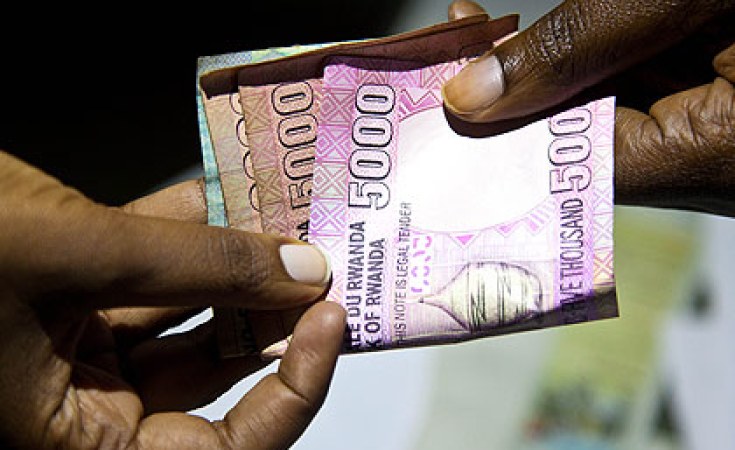Rwanda's Financial Intelligence Centre (FIC) has devised a raft of new measures aimed at ehnancing the country's capacity to prevent, combat, and criminalise money laundering and terror financing, The New Times has learned.
The measures, particularly targeting thresholds of cash transactions or wire transfers, come at a time when lawbreakers make large amounts of money through illegal activities, such as drug trafficking or terrorist funding with the money appearing to have come from a legitimate source.
Under the development, FIC will require, from all the reporting persons, a report on cash transaction or wire transfer that is equal or above Rwf10 million or its equivalent in foreign currency, except where the sender and the recipient are banks or other financial institutions.
The center will also require a report on a cash transaction made by an occasional customer which is equal or above Rwf10 million or its equivalent in foreign currency, while a dealer in precious metals or precious stones reports a cash transaction equal or above Rwf15 million or its equivalent in foreign currency;
The new measures will also require that a casino reports a cash transaction which is equal or above Rwf3,000,000 or its equivalent in foreign currency, and another on a wire transfer transaction made by a customer which is equal or above Rwf1 million or its equivalent in foreign currency;
"A reporting person reports to the Centre a cash transaction or wire transfer using a template provided by the Centre within two working days starting from the day of such transaction. The template for reporting is publicly available at the FIC website. Thank you for your commitment to prevent and fight against money laundering, terrorism financing and the financing of proliferation of weapons of mass destruction," the center said in a statement accessed this publication.
How it is done
Money launderers deploy smart techniques and pass through complex sequences of banking transfers or commercial transactions, which cannot be easily detected or traced.
Some of that money is laundered inside the country or sent abroad, according to the information from the National Public Prosecutor Authority (NPPA).
The center, however, will have the power to monitor transactions within financial institutions deemed as suspicious. They will also have access to electronic data and information from bank servers.
According to a law passed in 2020, the Centre also has the power to request for the monitoring or interception of communication, authentic and private documents related to financial transactions.
It is also in a position to provide or exchange information with a financial intelligence authority from another country, in case they have the same obligation of professional secrecy.
Countries with weak government institutions and poor border controls are usually exposed to cross-border crimes.
There are several money laundering cases in Rwandan courts, but the figures are probably modest, as most financial crimes are not detected or reported.
Africa generally has the second-highest overall risk of money laundering and scores below average across all categories, similar to South Asia.
A comprehensive and coordinated set of reforms is required to reduce the region's risk levels and increase its attractiveness for investors, according to experts.
Rwanda's move to establish the Financial Intelligence Centre is designed to increase confidence in the country's financial system as it seeks to position itself as a financial hub.
This allows for among others having a decent jurisdiction with strong legal frameworks, one that relatively lures investor appetite.


